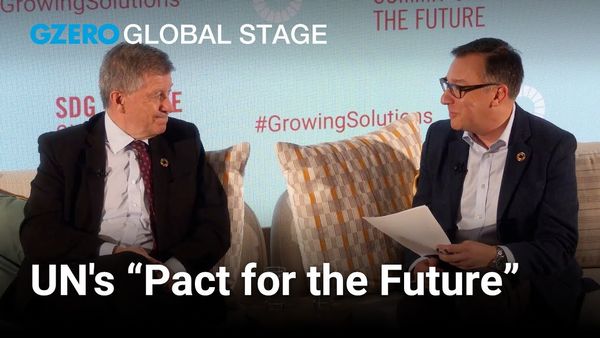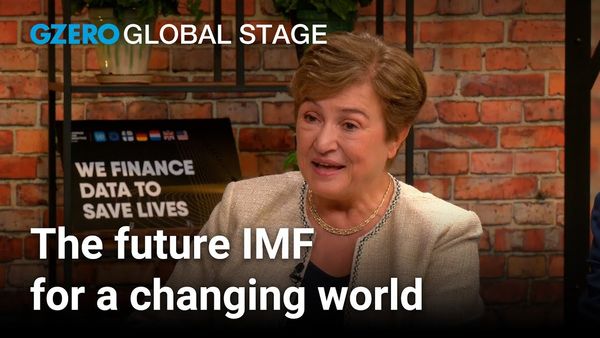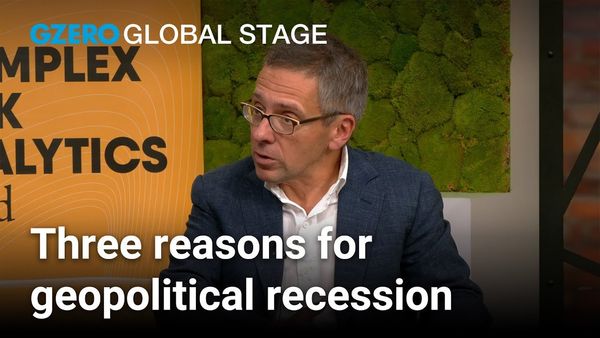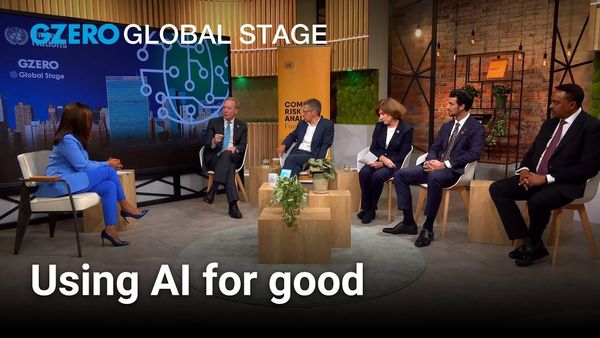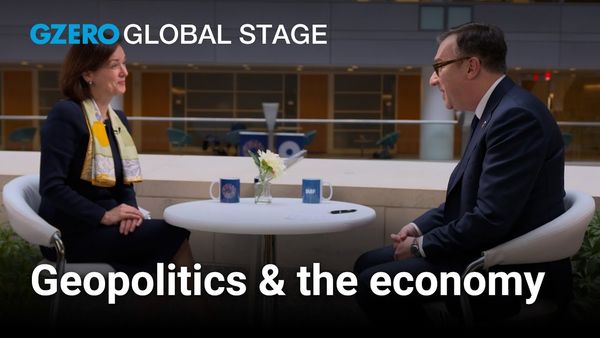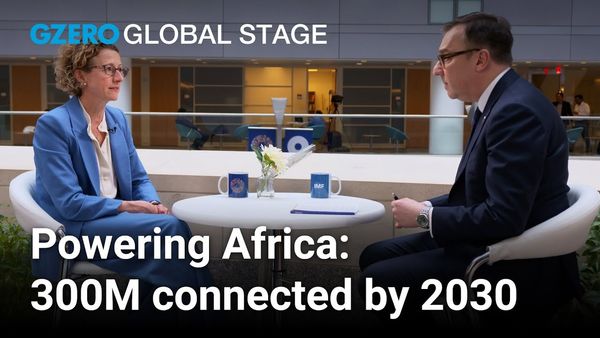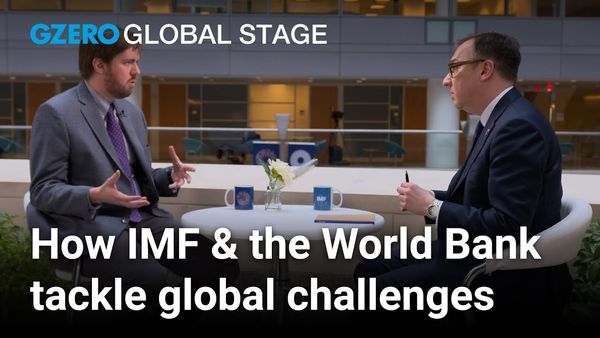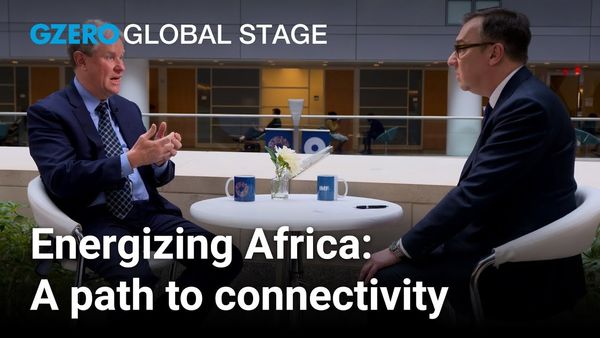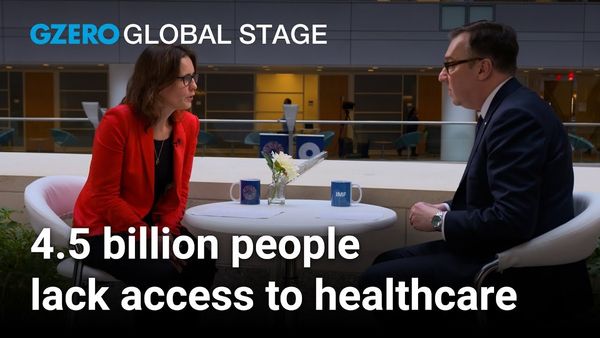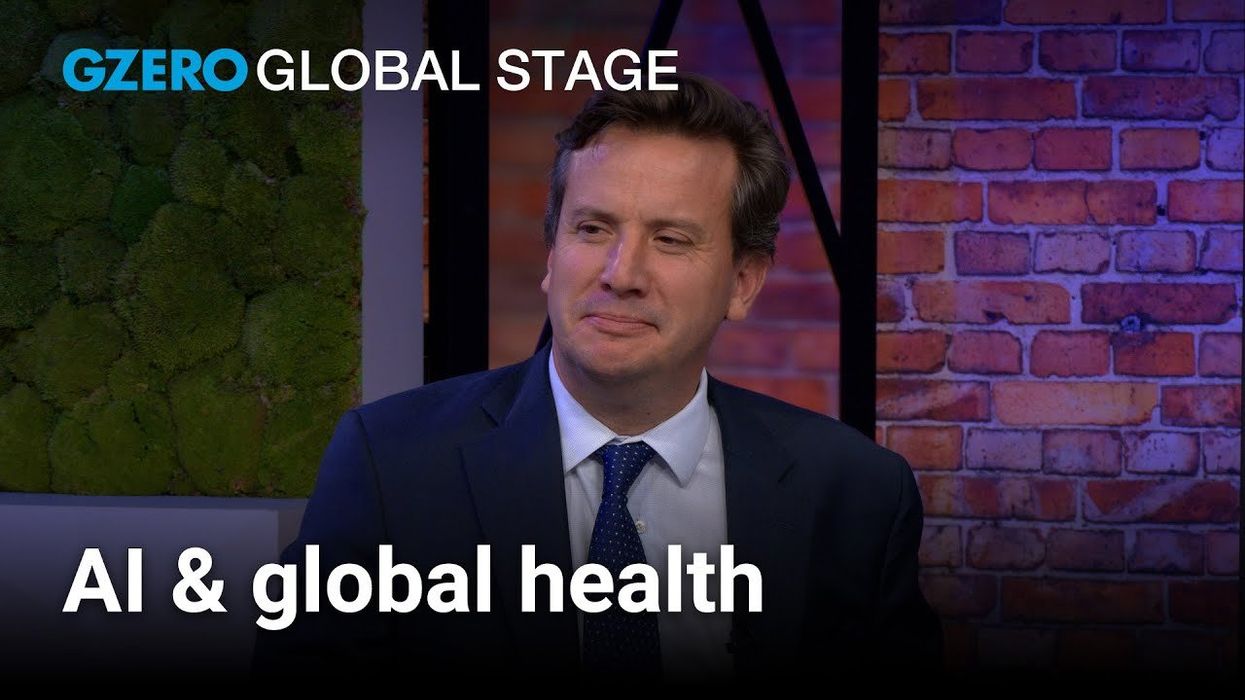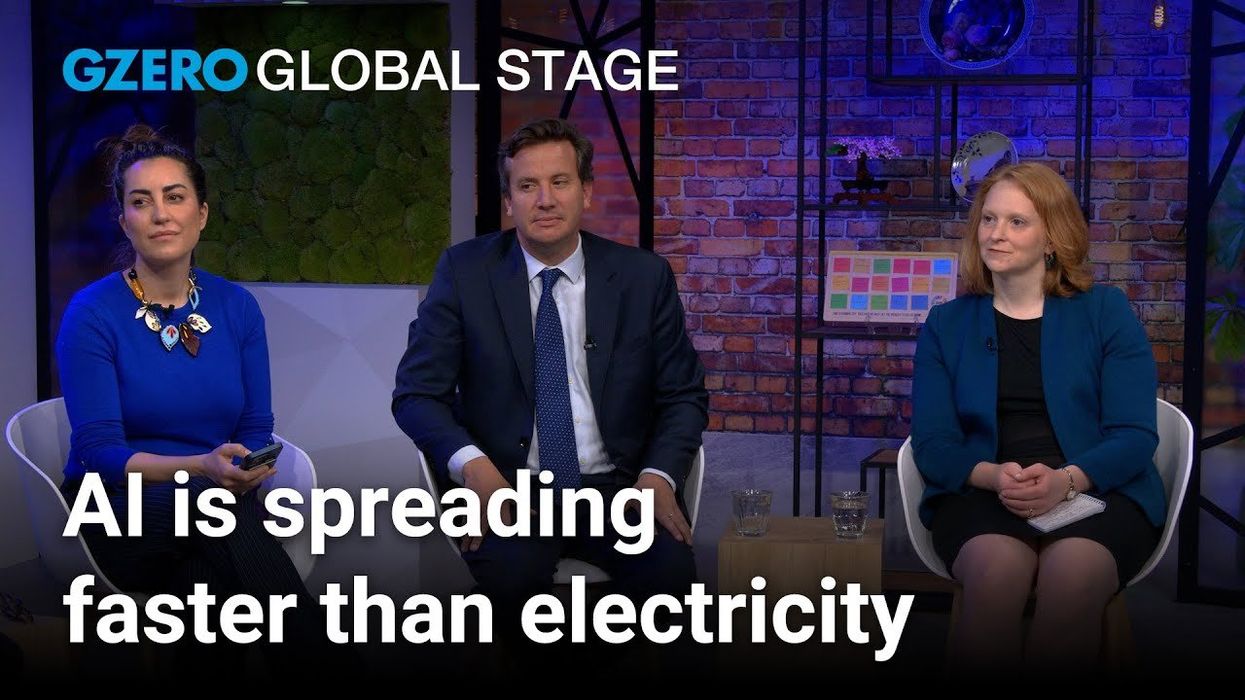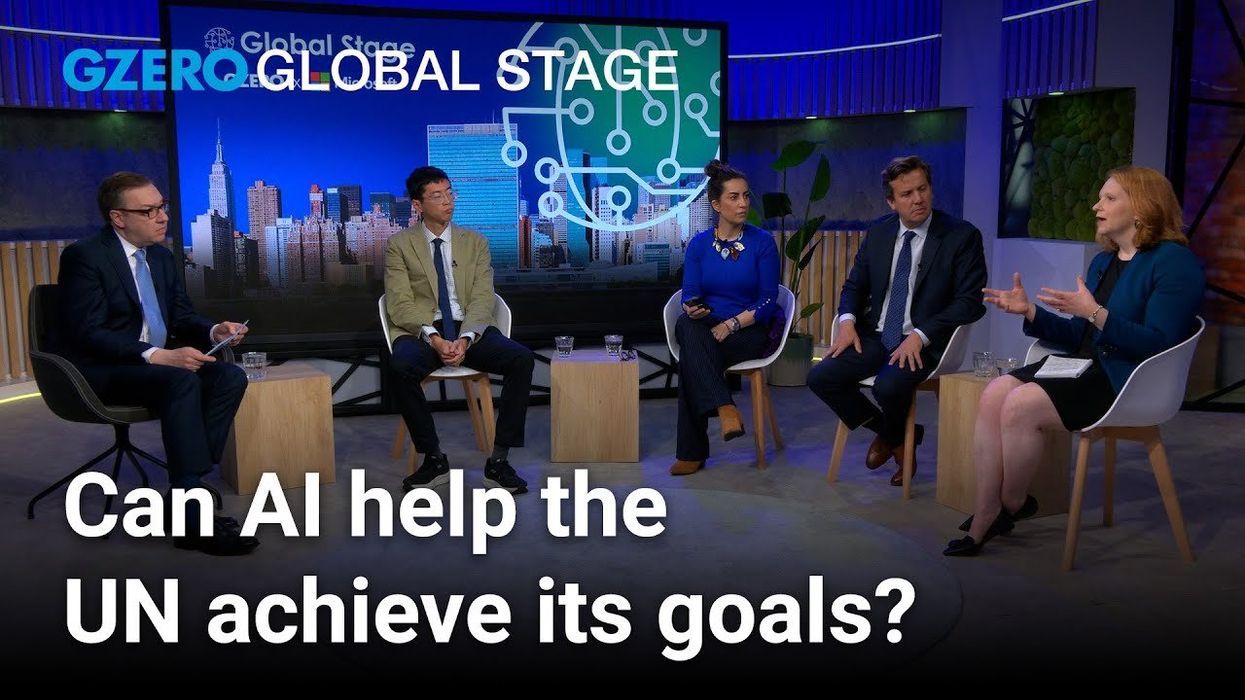UN's Guy Ryder calls for inclusivity and collaboration to tackle global problems
October 04, 2024
In a Global Stage conversation from inside the United Nations headquarters during the 79th General Assembly, Guy Ryder, Under-Secretary-General of the United Nations, addressed the challenges of global collaboration in today’s divided world. Despite geopolitical tensions and ongoing conflicts, Ryder stressed that member states are committed to implementing the Pact for the Future, an inter-governmentally negotiated pact focused on tackling today's global issues to protect the needs and interests of future generations.


